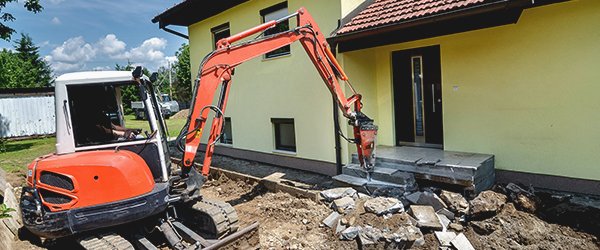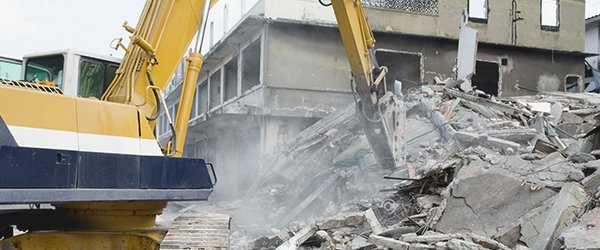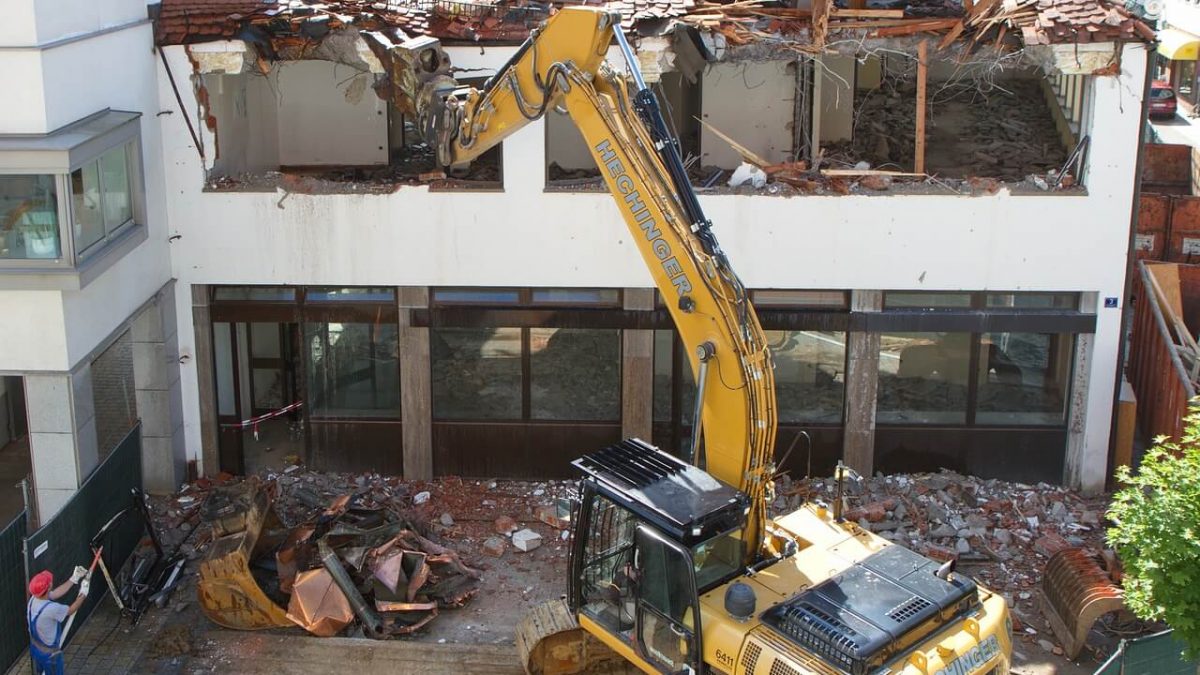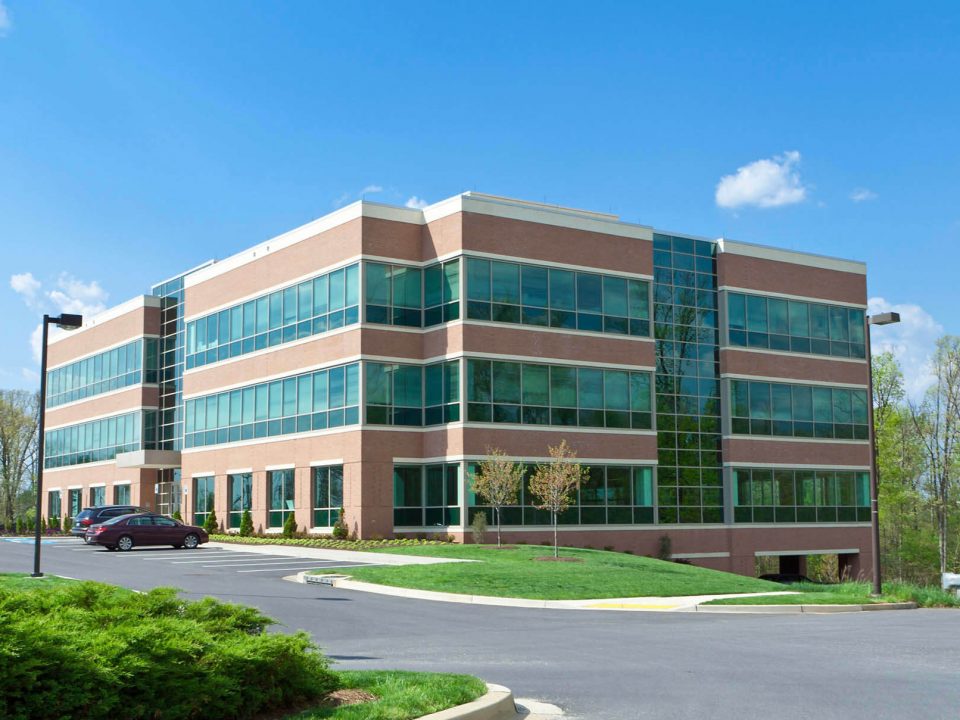Tear it Down

Residential and Industrial Subdivisions
April 6, 2020
Solar Energy
April 6, 2020Because of the unavailability of building sites for new homes, more than half of BACORP Building Group, Inc projects are tear downs. That is the removal of an existing home and replaced by new. We are intimately familiar with the permitting process and procedures required by the local municipalities and the utility companies to legally raze and dispose of your home.

Most important to you as the homeowner is that all debris from the demolition must be properly manifested and disposed of and, if asbestos shingles were originally used on your home, there are additional procedures involved for safe removal and disposal. All of which must be legally documented for your protection. Contact us for more details.
There are many other issues one must consider during the early planning stages and before the actual demolition occurs. Prior to any demolition, one must verify that the zoning for your property has not changed in such a way as to prohibit you from building the new home that you want.
Just because the house you currently have fits on your existing lot does not mean that you may rebuild your new home within the same “building footprint.” Zoning and building setback requirements often change over the years making it more difficult to re-build on some lot sizes.
Incidentally, we have found this to be true with most of our projects. One should not raze an existing home until a zoning or building permit has been issued for your new home. Since we have the in-house ability to design your new home, all of those issues are dealt with and mitigated.
There is no substitute for experience, and we have the experience to assist you at any stage that you believe would be helpful.
We can save you a lot of money!!! Because now, our new homes that meet EPA’s Energy Star guidelines are at least 30% to 60% more energy-efficient than those built to standard code.
With features like extra insulation, specially designed energy-saving Anderson windows and high-efficiency heating and cooling units, you’ll start saving money on your utility bills from the moment you move in. And over time, it can add up to tens of thousands of dollars.





